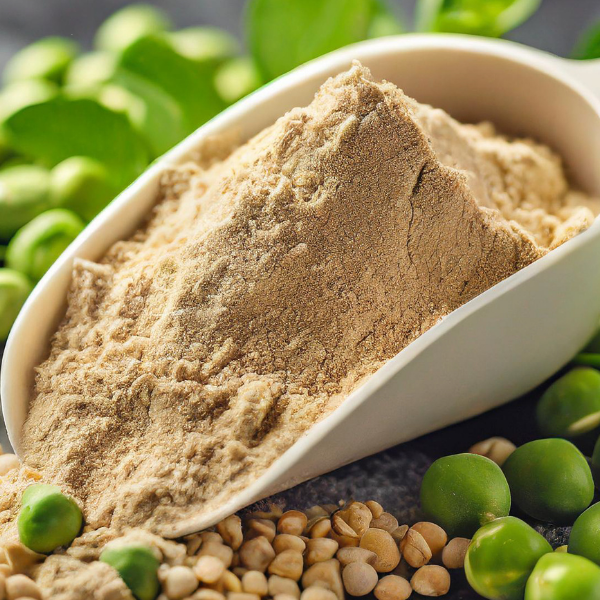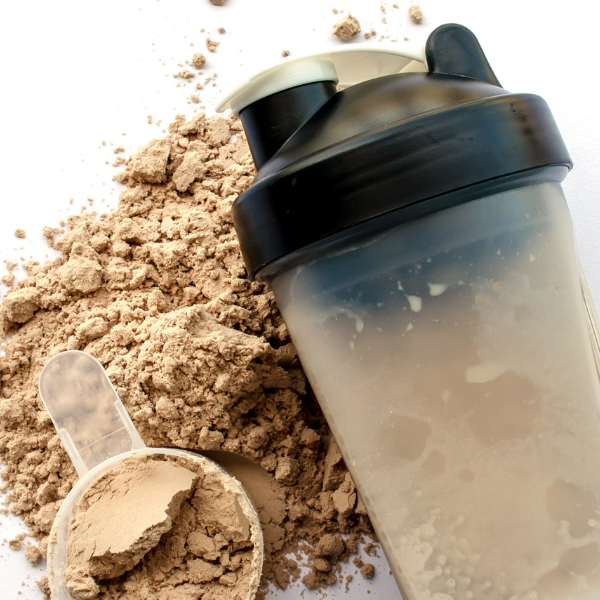


*These statements have not been evaluated by the FDA. This product is not intended to diagnose, treat, cure, or prevent any disease
Ready to transform your wellness journey? Shop our herbal extracts and discover the Nature’s Answer difference today!
Get an Instant 10% Off subscribe to our mailing list and get special offers!